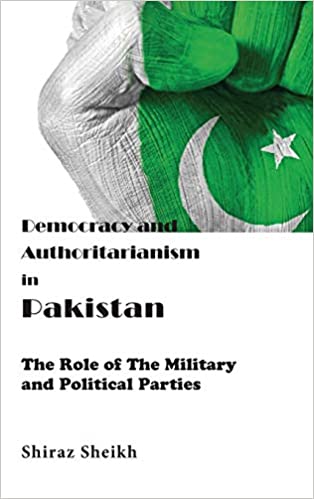One of the casualties of the perennial India-Pakistan face-off is an academic understanding of the other side. The kind of first-hand sense of a locale that can be obtained over many field trips is denied to Indian academics with Pakistan as subject of scrutiny. This impacts the depth of their understanding of the object of their study, Pakistan, and by extension the quality of their output. In contrast, a recent book on Pakistan by diplomat-scholar, TCA Raghavan, has the benefit not only of the archives of the Pakistan desk, which he as desk officer once had considerable familiarity with, but also of tenures in Pakistan. This made his book a profitable read. Therefore, any deficit in academic output can hardly be attributable to well-intentioned scholars who undertake the labour of bringing to bear their research skills in unlocking the enigma of Pakistan for the Indian public.
The two states are interested in keeping off academics from the other side probing their states and societies. Understanding necessarily evokes empathy, putting this at odds with the dominant narrative seeking to vilify the other side. It cannot therefore be encouraged. An education system that builds a negative image of the Other cannot suddenly at university level be upturned by allowing for a mature understanding of the Other. A difficult visa regime, inconsistency in interstate relations, dominant narratives, mutual hostility, lack of a culture of record keeping and enabling access to these by scholars and information wars are par for the course for scholars willing to run the gauntlet.
The author, Shiraz Sheikh, must be complimented firstly for plunging into the field and secondly for persevering. The book, based on his dissertation, has insights from knowledgeable scholars, among others Ayesha Siddiqua, making it a credible study. That it could have been advantaged by visits to Pakistan is moot since that would have enabled a longer list of interviewees, so essential to populate in a study of this kind on civil-military relations in Pakistan. Also, from the dates of the interviews, the intensive phase of the research appears to have been in the first part of the last decade, making for a rather long period without the benefit of insights of observers and participants, though the book purports to cover developments up to the coming to power of the current government in Pakistan. Unable to access neither Pakistan nor Pakistani visitors to India, given the downturn in ties in the Modi regime, a reliance on quotes and secondary sources to make a point is an understandable if regrettable outcome.

